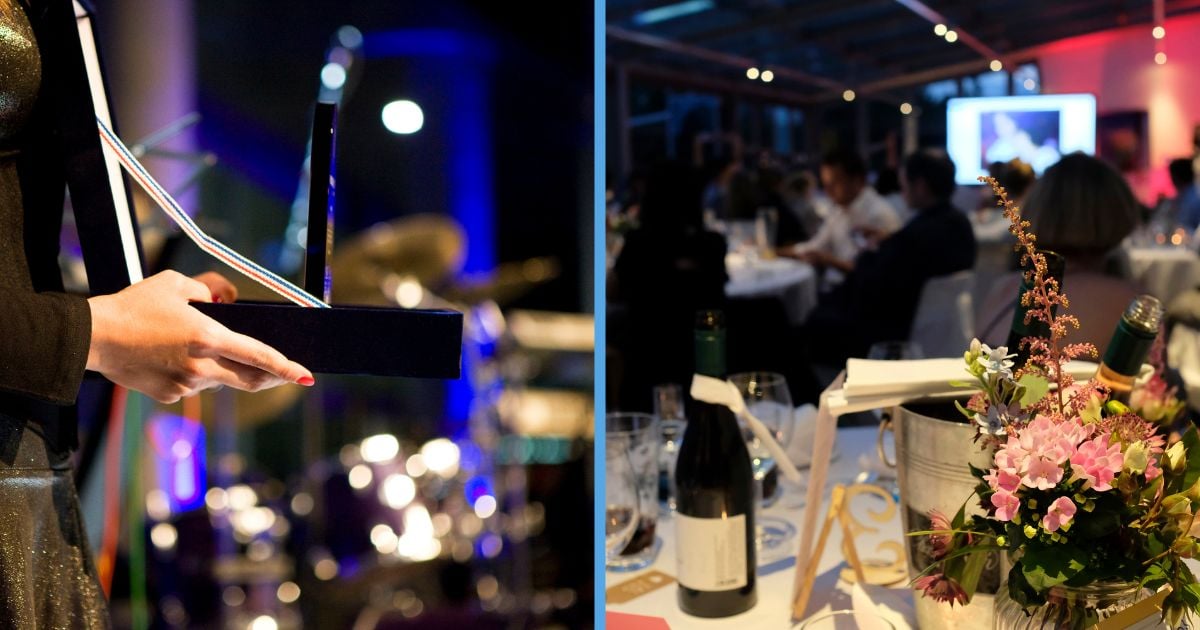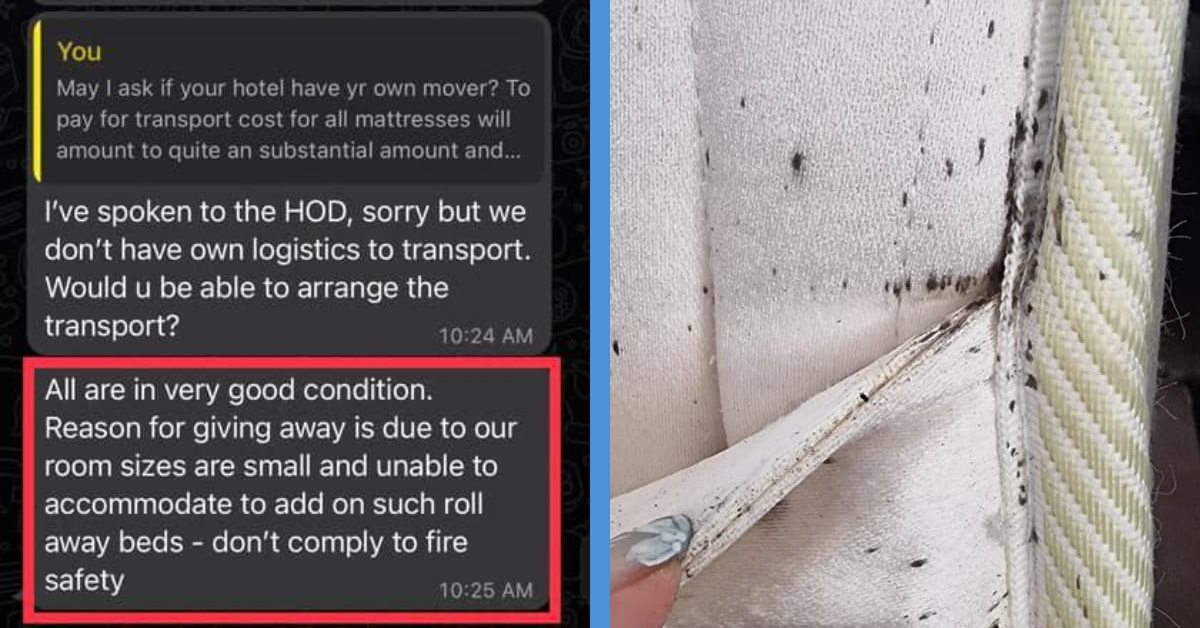So, you’ve just received an email saying your company has won a business award. Before you start celebrating, let’s pause for a moment.
Companies and professionals in Singapore are getting awards, but here’s the thing: They might be fake!
There’s a sneaky trend in the business world you should know about known as “paid awards”. Since it’s a paid award, we commonly refer to it as a fake one.
These fake business awards aren’t your prestigious, hard-earned accolades. Instead, they’re more like a sales pitch dressed up as an honour.
More often than not, in order to be nominated or to win, companies would have to pay a certain amount. There would even be a massive dinner event so you can attend the award show, take a picture and tell the world you’ve won an award.
How “Paid Awards” Work
Here’s the typical scenario: An award company sends many emails to businesses, telling them they’ve been nominated for or won some award.
But here’s the twist – to actually get your hands on this award or to attend the fancy award ceremony, your company has to fork out some cash.
And we’re not talking about a small registration fee. Often, these charges are hefty.
When a company responds to the email, they’d be told to buy a dinner table for about $10,000 for ten people at the ceremony.
If it’s an international award, the company has to pay more for flight tickets to attend the award show and dinner event in a foreign country instead.
These “fake awards” typically start with unsolicited emails or phone calls from individuals claiming to represent prestigious organisations or magazines.
Unfortunately, these awards typically lack genuine significance or industry recognition.
Doctor Caught Winning “Paid Award” Multiple Times
The “paid awards” do not just apply to marketing or consulting firms. It can also apply to those who work in the healthcare sector.
According to The Straits Times, a practicing doctor was offered the title of ‘Gastroenterologist of the Year’ three times.
This digestive system specialist was tempted to be featured among the top 200 clinics in a magazine, which would also promote him on social media, for a fee of $9,800.
However, there’s a catch – no celebratory dinner is included, making it less appealing for social media bragging.
The Ministry of Health (MOH) stepped in, highlighting that, unlike other industries, healthcare is governed by strict advertising regulations under the Healthcare Services (Advertisement) Regulations (HCSAR), prohibiting such practices.
Why Some Companies Still Fall for It
You might wonder why any savvy businessperson would fall for this.
Well, it’s all about the appeal of recognition.
In a world where standing out is important, an award can appear to be a quick way to gain credibility and prestige.
These fake award companies are good at making their awards seem legitimate and desirable.
If you get one of these emails, take a step back and do some research.
Look up the award and the company behind it. See if there are any reviews or news articles about them. And if it feels off, trust your gut and steer clear from responding.
After all, the true measure of a company’s success isn’t in how many awards it can buy, but in the value it creates for customers and the community.
In this digital world, keeping your eyes peeled is vital with fake “paid awards” and other things such as fake reviews.
You might visit a restaurant with your friends, expecting high quality due to its five-star Google reviews, only to find it disappointing.
Another example would be on Glassdoor, where you see a company with nothing but high praise from former employees, which can become suspicious.
Usually, people go on Glassdoor to vent about bad job experiences. So, when everything looks too good to be true, it probably is.
The bottom line is to double-check information online and not believe everything at face value.



